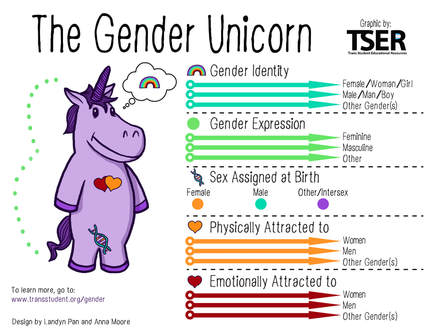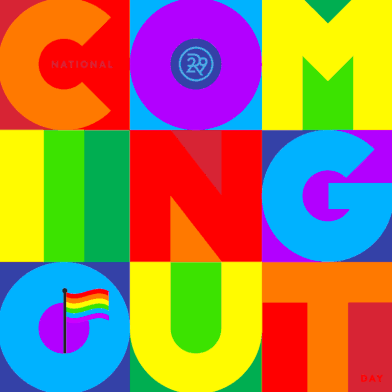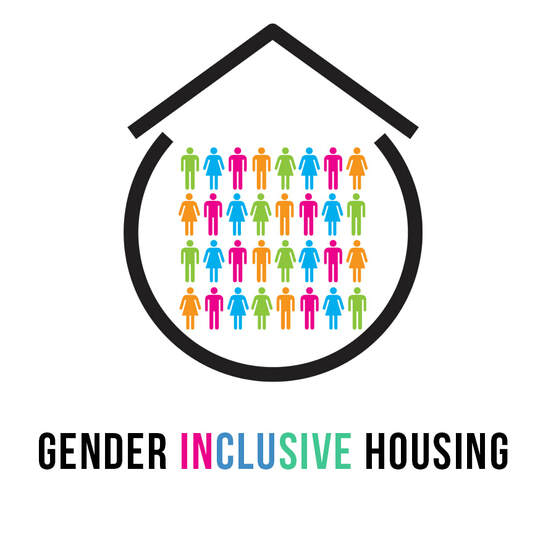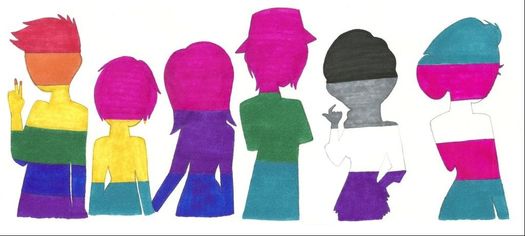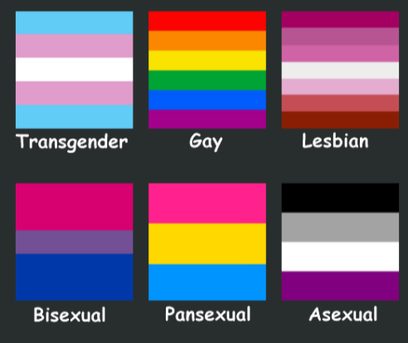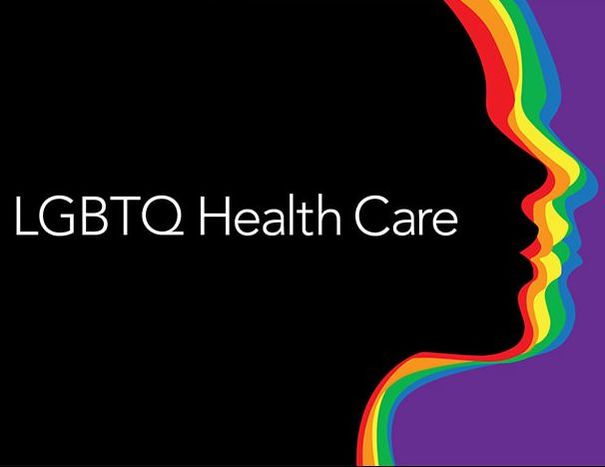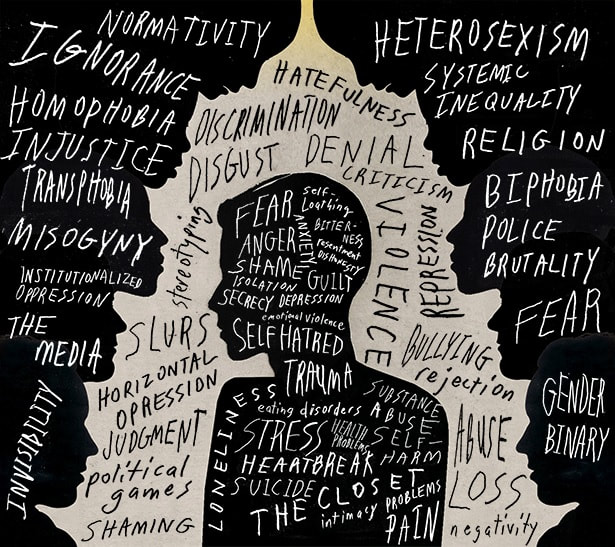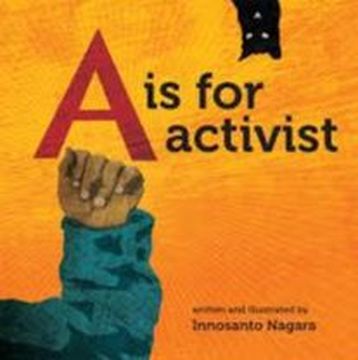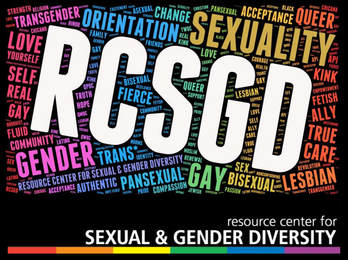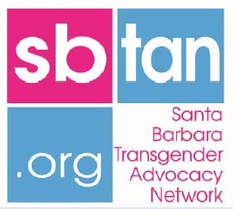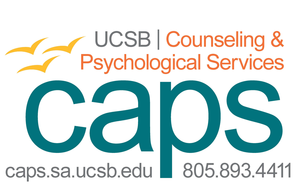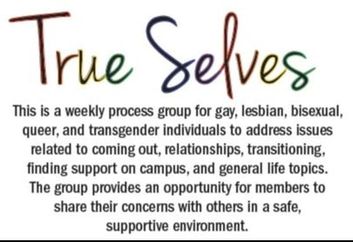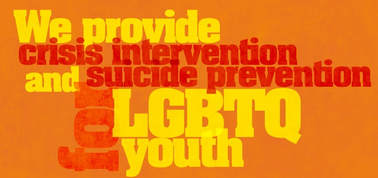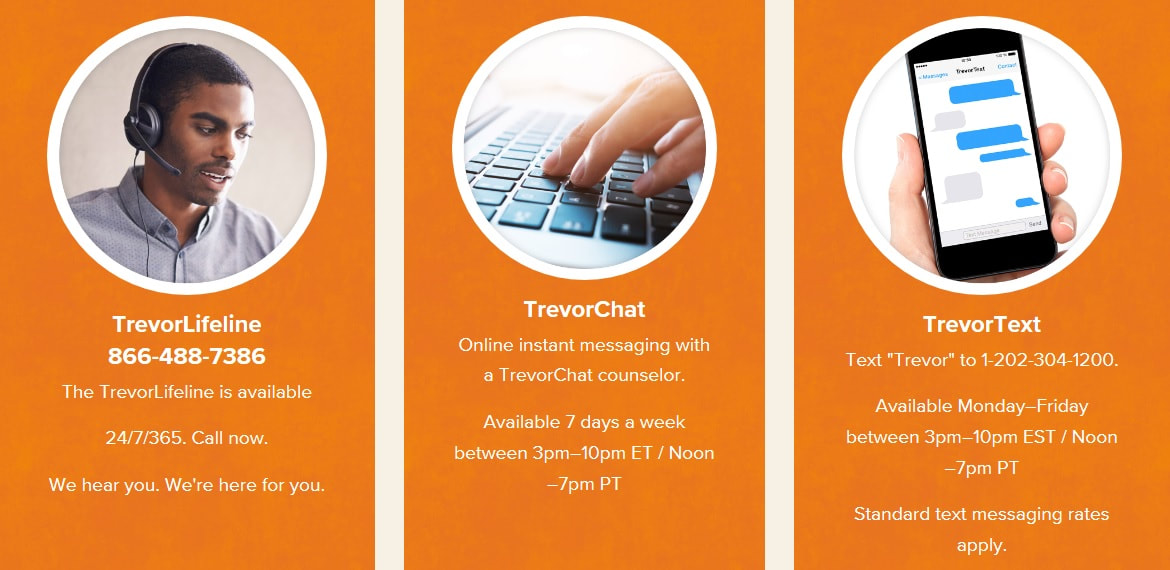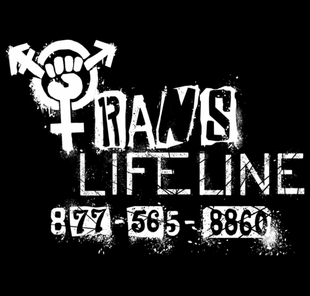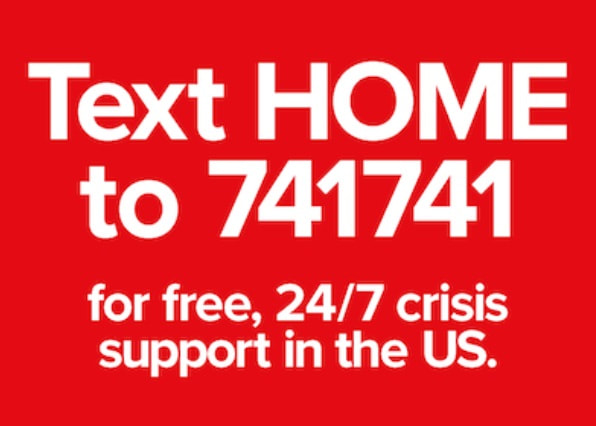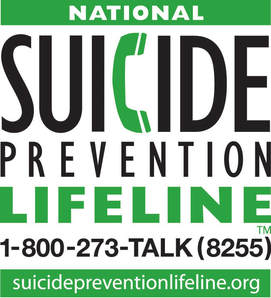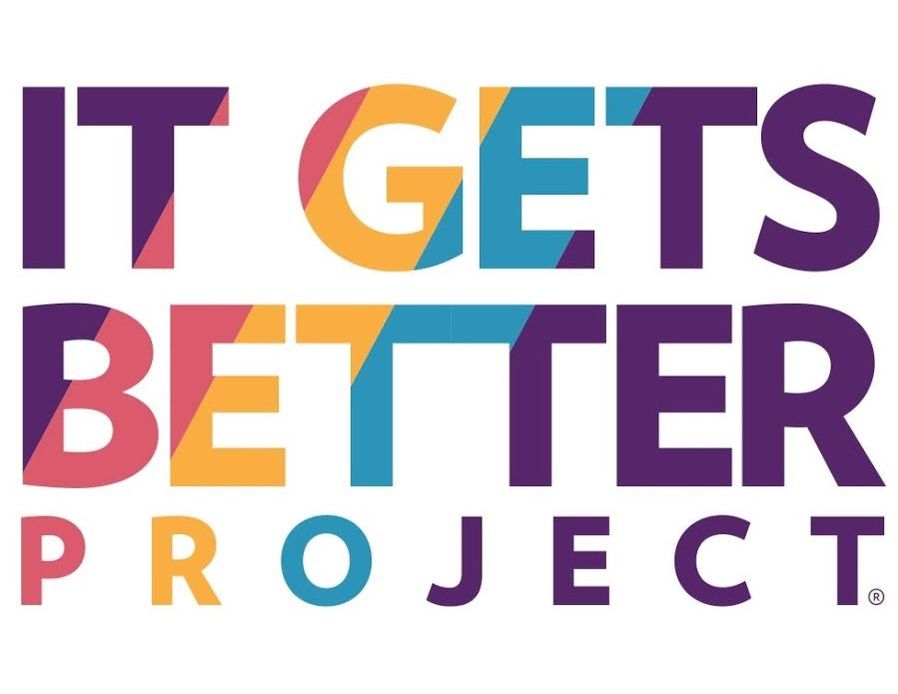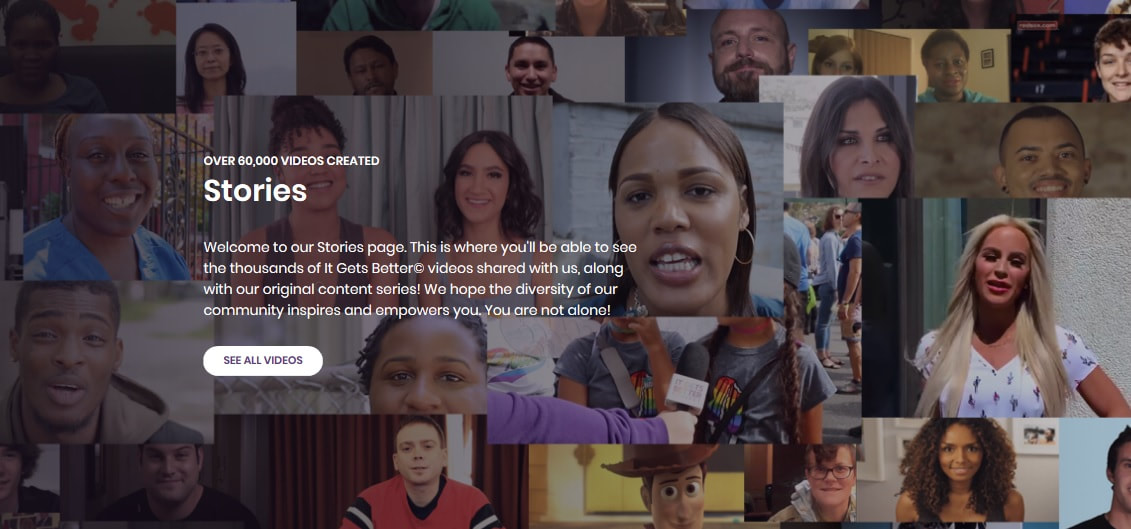The LGBTQ community reflects a vast and varied group of students here at UCSB. Some students come to college having explored their gender and sexual identity and have established how they want to express these features of their identity. However, some students are just beginning to learn more about themselves and how they identify. No matter where your starting point when you arrive here, the journey is ongoing, as identity can grow and change with new knowledge and new experiences throughout life.
Beyond understanding their own identity, LGBTQ students face some unique experiences that can impact their well-being. Coming out--to whom, when, and where. Navigating the norms of the LGBTQ community and finding your place where you feel most connected. Advocating for sensitive and informed health care. Protecting yourself from threats to safety or feeling dehumanized by others. Finding your voice and energy for activism.
Check out the articles below to read about these issues and learn how LGBTQ students can capitalize on their personal strengths and the support of their communities to live their lives authentically and to their fullest.
Beyond understanding their own identity, LGBTQ students face some unique experiences that can impact their well-being. Coming out--to whom, when, and where. Navigating the norms of the LGBTQ community and finding your place where you feel most connected. Advocating for sensitive and informed health care. Protecting yourself from threats to safety or feeling dehumanized by others. Finding your voice and energy for activism.
Check out the articles below to read about these issues and learn how LGBTQ students can capitalize on their personal strengths and the support of their communities to live their lives authentically and to their fullest.
Understanding Gender & Sexual Identity
Biological sex, gender identity, gender expression, sexual orientation---they aren't interchangeable, but sometimes people treat them as such.
Learn about how each of these terms speaks to a unique part of a person's identity and explore how you might consider yourself along these different dimensions. Bottom line...gender and sexual identity is complexly cool. |
Coming OutOftentimes people think that coming out is a one time event. However, coming out is an ongoing process and it can be different for every person depending on their environment and personal goals. In fact, coming out may not have the same importance to every queer person.
Coming out to others can offer significant benefits---you can feel more authentically you and you can gather a community of support that can help you thrive and grow. Students often grapple with how to integrate being out in some contexts (e.g., friends, school) but perhaps not out in others (e.g., workplace. home). Issues of safety and responsiveness of others become critical to making decisions about who and when to come out to throughout life. Read this section to learn more about the many facets of coming out and how to empower yourself to be choiceful about this process. |
Who gets to know me?It can be confusing and sometimes distressing to bump up against questions about your identity. How do you determine if someone will be open to knowing more about your identity? There's no easy answer to this question, but there are clues that can help. How someone responds to you and others in a variety of situations can help you to determine whether that person will be open and accepting.
Check out this article to learn more about how to determine who might be a good person to bet on being accepting and responsive and learn some strategies about how you might approach a conversation to disclose important parts of your identity. |
You have the option to "choose your family", that is, to find the people in your life who can give you the support and love that you need as a person in the LGBTQPIA+ community. These people can be your second family, your LGBTQPIA+ family. Click the article below to read more about this!
|
UCSB LGBTQ+ and Gender Inclusive HousingWhat does this mean?
●LGBTQ+ housing ○ UCSB offers LGBTQ+ housing options that are designed specifically for LGBTQ+ students and allies. Examples of this include the Rainbow House at Manzanita Village and Lavender Living at Santa Ynez. ○ Staff for these housing options work closely with the Resource Center for Sexual and Gender Diversity to create educational and social content that creates a welcoming and supportive environment. ● Gender Inclusive Housing ○ Trans and non-binary students have the option to work one on one with a staff member to find a housing arrangement that is comfortable and works best for them. ○ Gender Inclusive housing is an option for many on campus residence halls, such as Manzanita Village, San Rafael, Santa Catalina, or any UCSB apartment. ● Co-ed housing ○ This allows for mixed gender roommate groups to share the same unit or room by request. ○There are also low rent off campus housing options in six different complexes. |
Dating & Relationships
Dating can be an exciting adventure, but for many it can also be pretty anxiety-provoking. Will I find someone that I am attracted to? Someone that I like? Will others find me attractive and like me?
Dating can be particularly challenging when you first come out as LGBTQ or if you are uncertain about aspects of your gender or sexual identity and are not sure how to talk about that part of yourself. Dating also requires you to think about your own safety, both within relationships and in the world generally. Whether you are simply looking to hook up or are in the search for a partner, navigating the dating world can be tricky. You aren't alone in your experience! Check out these articles to learn how to navigate the world of dating. |
Norms & Biases within the Community
Within the LGBTQ community it can also also be difficult to feel comfortable or accepted, as there are social norms and biases that can impact your desire to identify as LGBTQ and/or join groups in the LGBTQ community.
Not queer enough. Too butch. Too femme. Bi isn't really a thing...you're just confused. PRIDE, inclusion and equality for all, but not really if you're trans. Flat out racism or fetishizing persons of color. These are just some of the many ways the LGBTQ community perpetuates judgments and discriminates against one another. Read more about community norms and biases, as well as ways to begin to shape a more inclusive, caring culture within the LGBTQ community |
|
Check out the links below to look at some local services provided by Pacific Pride and LGBTQPIA+ healthcare scholarships/grants.
|
LGBTQ-Informed Healthcare
UCSB health services, including Student Health and CAPS, is committed to providing a safe and welcoming environment for all students. We recognize that lesbian, gay, bisexual, transgender, queer, and questioning students have many of the same health concerns as other students, but there may also be some needs that may be different and require specific care.
Check out the link below to learn more about how to advocate for yourself to find the services and providers you need, such as HRT and STI/HIV testing. |
Finding Safety Despite Uncertainty & Hostility
Threats to emotional and physical safety are real and present dangers for those in the LGBTQ community. Enduring taunts, slurs, cruel jokes, or being called by another name than your own is tiring, terrifying, dehumanizing. The current political climate and legislation to undermine the rights of those in the LGBTQ community have further served to amplify these feelings. Living under this constant threat can lead to hypervigilance about safety, feeling on edge, and other more serious mental and physical health symptoms.
Check out the link below to learn how to take care of yourself amidst these threats and garner support from others to reduce the impact on your health. |
Social ActivismFor some students, getting involved in social justice organizations and other advocacy efforts on behalf of the LGBTQ community helps them to feel a greater sense of control and efficacy. At the same time, it can feel overwhelming and exhausting.
However, not all students choose to engage in activism. Sometimes there is pressure within the LGBTQ community to show your support in a particular way or be punished for not being active enough. And this too can be alienating. Check out this article to learn more about potential ways to turn your energy into activism and find a balance that is right for you. Also learn when to step away and take a break when activism feels overwhelming or unsafe. |
Assembling Your Support Team
Want to find social groups within the LGBTQ community? Or need some assistance navigating challenges you are facing? Check out the Resource Center for Sexual & Gender Diversity (RCSGD) here at UCSB, the Pacific Pride Foundation that serves the Central Coast, and Santa Barbara Transgender Advocacy Network (sbtan). Perhaps also consider joining our group for LGBTQ students at CAPS called True Selves.
(805) 893-4411
|
|
Thinking about suicide? You deserve immediate help.
Intersectionality
Intersectionality is a theoretical framework for understanding how aspects of a person's social and political identities (e.g., gender, Caste, sex, race, class, sexuality, religion, disability, physical appearance, height, etc.) combine to create different modes of discrimination and privilege. Intersectionality identifies advantages and disadvantages that are felt by people due to a combination of factors. These overlapping social identities may be both empowering and oppressing
Proudly powered by Weebly

